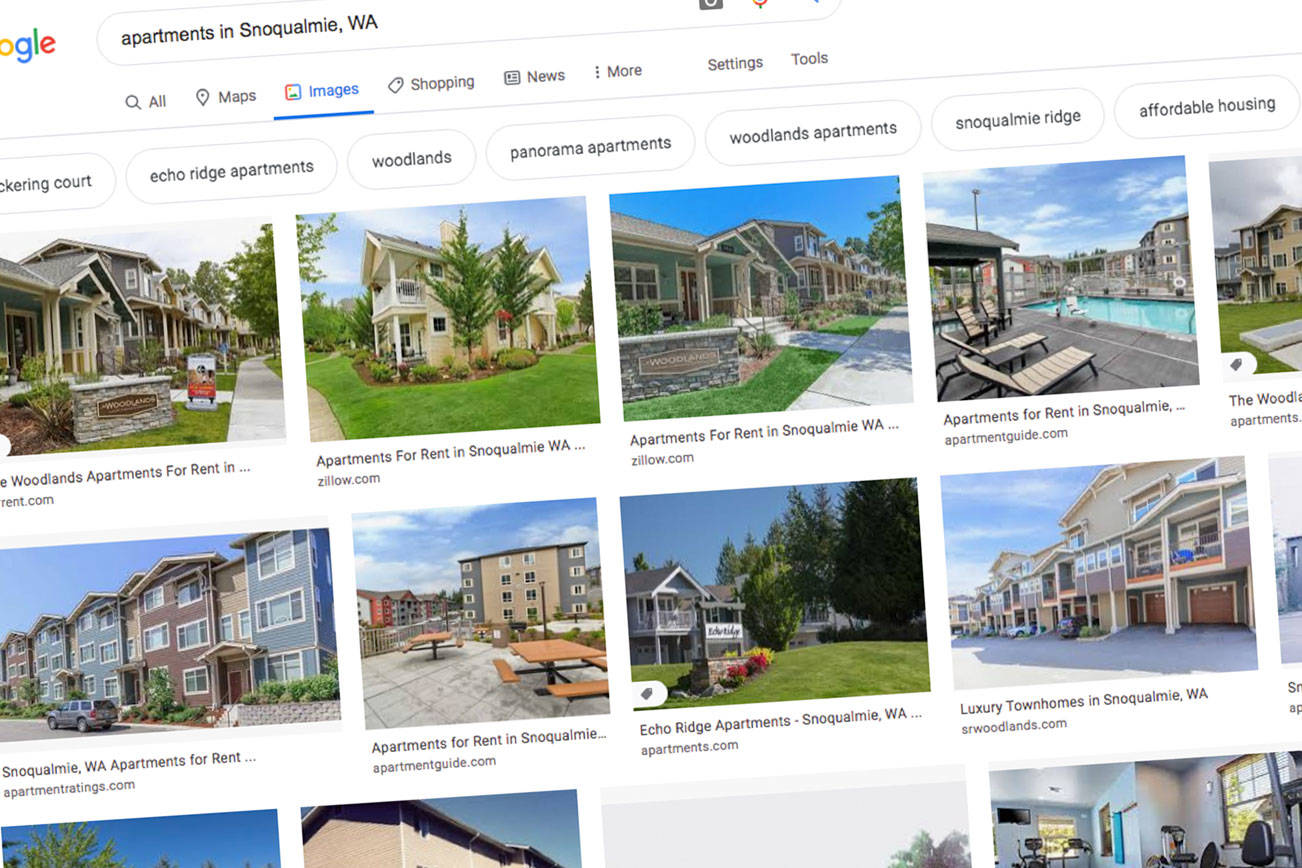North Bend and Snoqualmie joined other cities across King County in opting to keep funding from a new sales tax to fund affordable housing and mental health treatment in their cities instead of letting the county decide how to distribute the money.
The tax was originally created by the Washington state Legislature in 2015, but in the 2020 session, it was modified to allow city and county governments to implement the tax without asking voters for approval.
Counties had a deadline of Sept. 30 to pass an ordinance enacting the one-tenth of 1% sales tax. If King County had approved the tax by then, it would have gotten all of the funding.
If counties didn’t implement the tax by then, cities could pass their own tax, and the revenue would be controlled by the cities instead of the county.
King County did not approve the tax by Sept. 30. Since then, Bellevue, North Bend, Snoqualmie, Issaquah, Kent, Renton and Covington have all passed their own ordinances authorizing one. But it’s likely the county will approve its own tax at the Oct. 13 King County Council meeting.
State law requires counties that do pass the tax to work with cities that have a population greater than 60,000 to decide how to spend the money. But this concerned leaders in smaller cities, including leaders in Snoqualmie, who worried that they would be passed over for projects elsewhere in King County.
“Our choice really is do we want King County dictating where the money goes, which means it won’t go here. Or do we want to have control of the money, which means it can go here, or we could decide to put that money to (A Regional Coalition on Housing), so we have the flexibility to put it somewhere else,” Snoqualmie City Council member Sean Sundwall said at an Oct. 5 meeting.
State law states that the funding can only be used to fund affordable housing or behavioral and mental health projects. And it must be used on projects that benefit people who earn at or below 60 percent of the area median income.
The new sales tax was expected to bring in roughly $250,000 annually for the city. And it comes as the coronavirus pandemic has been taking a toll on local sales revenue and affordable housing funding.
“Unfortunately, because of the decreased revenues this year, and COVID, we had to remove (affordable housing funding) from our budget for the next two years,” Snoqualmie City Council member Katherine Ross said.
Snoqualmie’s comprehensive plan calls for the creation of nearly 1,500 additional affordable housing units by 2032, said Snoqualmie Community Development Director Mark Hofman. And these need to especially target low-income families who earn less than 60 percent of the areas median income.
Council member Peggy Shepard cast the sole vote against the Snoqualmie ordinance, questioning whether the city could handle necessary affordable housing projects on its own. While the Panorama apartment complex is often touted as a win for affordable housing, Shepard said the units are still unaffordable for many.
According to the website Apartment Guide, rent for a one bedroom apartment at the Panorama ranges from $1,300 to $1,700 a month.
North Bend passed passed its own ordinance on Oct. 12. That city’s ordinance would increase the total sales tax collected in North Bend to a flat 9% and generate an estimated $300,000 annually. The ordinance was approved in a 5-2 vote.
Cities that pass their own ordinances could seek to bond it, which would allow cities to begin using the full revenue quickly. In Snoqualmie, the city could in the future create a $3 million bond to fund affordable housing or mental health projects.
But pulling money away from a central coordination agency like King County concerns some homelessness advocates. Alison Eisinger, executive director of the Seattle/King County Coalition on Homelessness, said suburban cities pulling their funding from the county reduces the amount of money the county can use to bond for regional projects.
King County is hoping to create a $400 million bond package over the next biennium using the sales tax. It would be used to house 2,000 people and provide mental health services across the county. Bellevue opting to impose its own tax on Oct. 12 blew an $8 million annual hole in that budget, on top of the other cities across the county that followed a similar path.
“Study after study have shown that this region needs thousands more homes that are supportive housing. And if we don’t invest in them now, we’re undermining our collective ability to do what we say we want to do, which is take a regional approach to homelessness,” Eisinger said.
If the county’s tax is approved before Oct. 17, it could start collecting the money beginning Jan. 1, 2021.



